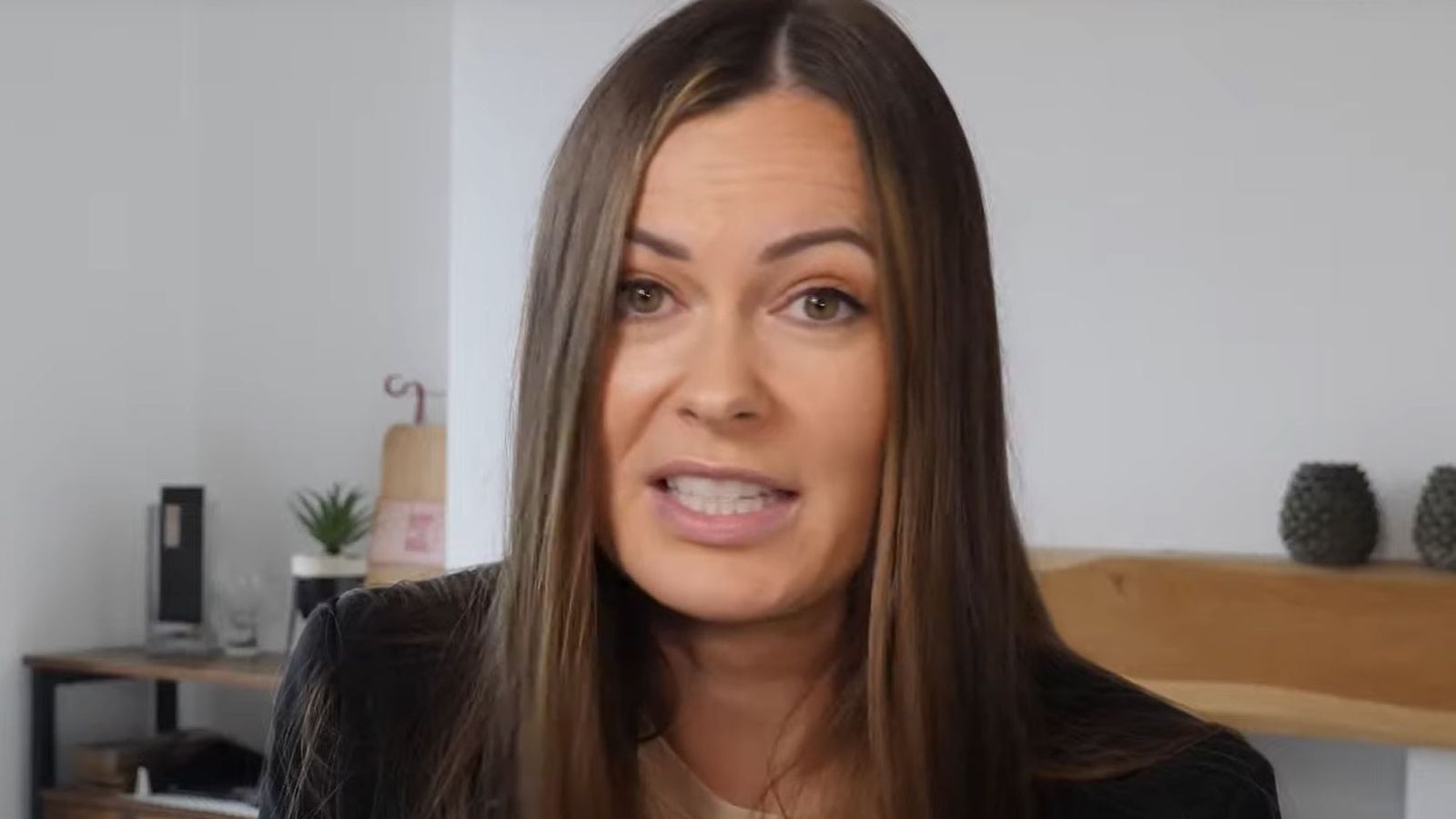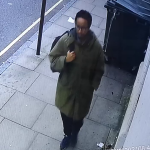A former parliamentary adviser has said she is “not surprised” by the murder of Conservative MP Sir David Amess because she saw her MP receive around 50 death threats each week.
Jade Botterill, who worked for Labour’s Yvette Cooper, said death threats against politicians have become “normalised”.
Sir David was stabbed to death at a constituency meeting on Friday. A 25-year-old man has been arrested and police believe the attack was “potentially linked to Islamist extremism”.
Ms Botterill told Sky News: “My heart goes out to Sir David’s family and his friends and his staff, but it’s not unsurprising.
“I was subject to seeing a lot of death threats when I was in that role. And it just became very normalised.”
She said there was one occasion she reported “over a hundred death threats a week” to the MP for Normanton, Pontefract and Castleford.
Ms Botterill continued: “Usually it’s about 40, 50. I’ve not worked for Yvette for a couple of years now, but when I did… I spent a lot of time having to report death threats.
US politicians stepping up security in increasingly acrimonious political climate
Sir David Amess murder: Moving tributes left to ‘much-loved colleague and friend’
Sir David Amess killing: Boris Johnson leads tributes in show of unity at scene of MP’s fatal stabbing
“And I feel like 20-30 hours a week was spent reporting death threats, giving statements to the police and giving impact statements to the court hearings. It really did change my role.”
She added: “I don’t think MPs should be shying away. I think they should be accessible to the constituents.
“But I do feel like we probably need to be looking over our shoulder a bit more now. And I don’t know what the answer is.
“I don’t think we should be hidden away behind a screen. But I do think politicians need to be humanised a bit more. There is someone on the end of that death threat and we do see it and it is impacting people’s lives.”
Asked if she was shocked about the amount of abuse, Ms Botterill said: “It wasn’t like that all the time.
“A lot of the time you are helping improve people’s lives. You get a lot of thank you cards and you get a lot of thanks for it.
“You would walk down the street and people would wave at you and say thank you for what you’ve done.”
She said caseworkers help constituents and improve people’s lives, “but with that, you are expected to just accept this hate”.
She added: “And it’s not just a disagreement. It’s a death threat. It’s really nasty, awful stuff that people should not be allowed to send.”






















